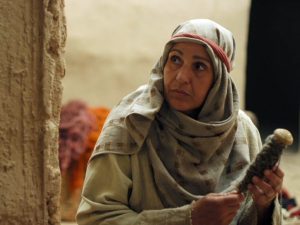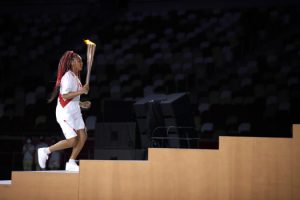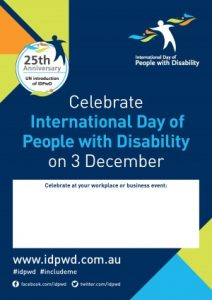In the world at large, the leaders are encouraged, at times with strong incentive from the citizens, to adopt a policy of inclusion.
They should provide equal access to opportunities and resources to ALL people.
Each and EVERY ONE should benefit from the services of the state.
Nobody should be excluded, or marginalized, for whatever reason.
Those seen as belonging to ‘minority groups’ should be treated as everyone else.
It does not happen often that all the Bible texts of a celebration are based on the same theme.
But it is what we are given on this Sunday.
All the texts speak precisely of this: what people nowadays refer to as inclusion.
It means the acceptance of all people whatever their origin, nation, social group, gender, religion.



In the 1st reading (Isaiah 56:1,6-7), through the words of Isaiah, God presents himself as the God of all.
He says clearly:
“My house shall be called a house of prayer for all peoples.”
In the 2nd reading (Romans 11:13-15,29-32) Paul, writing to the Romans, speaks of himself as the apostle of the Gentiles, the non-Jews, those usually seen as outcast.
The gospel (Matthew 15:21-28) allows us to meet one such person: a Syrophoenician woman who obtains from Jesus the healing of her daughter.
Even the response to the 1st reading (Psalm 67:2-3,5-6,8) asks God that his salvation may reach all nations.
It is obvious that if this is the God we believe in, we should follow HIS way –
HIS way of being, HIS way of accepting people, HIS way of treating everyone.
 It was the way Jesus lived and he said it openly:
It was the way Jesus lived and he said it openly:
“All those the Father gives me will come to me,
and whoever comes to me I will never drive away.” (John 6:37)
As his followers, this is meant to be our way as well…
No discrimination, no exclusion, no rejection…
ALL accepted as God’s own!
Note: Another text is available on a different theme, in French, at: https://image-i-nations.com/20e-dimanche-de-lannee-a-2023/
Source: Images: Catholic.co.il Wikipedia (Valentin de Boulogne, Museum of Fine Arts) FreeBibleimages www.prayersandpetitions


 Les Jeux Olympique d’été 2020 – on les attendait, on les espérait, mais… la pandémie de Covid-19 n’a pas permis qu’ils aient lieu.
Les Jeux Olympique d’été 2020 – on les attendait, on les espérait, mais… la pandémie de Covid-19 n’a pas permis qu’ils aient lieu. 
 C’est sous le signe de la ‘solidarité’ et du ‘respect’ que veulent se dérouler les différentes performances.
C’est sous le signe de la ‘solidarité’ et du ‘respect’ que veulent se dérouler les différentes performances.

 On 17 December 1999, in its
On 17 December 1999, in its  2016 Theme: « Autism and the 2030 Agenda: Inclusion and Neurodiversity »
2016 Theme: « Autism and the 2030 Agenda: Inclusion and Neurodiversity »